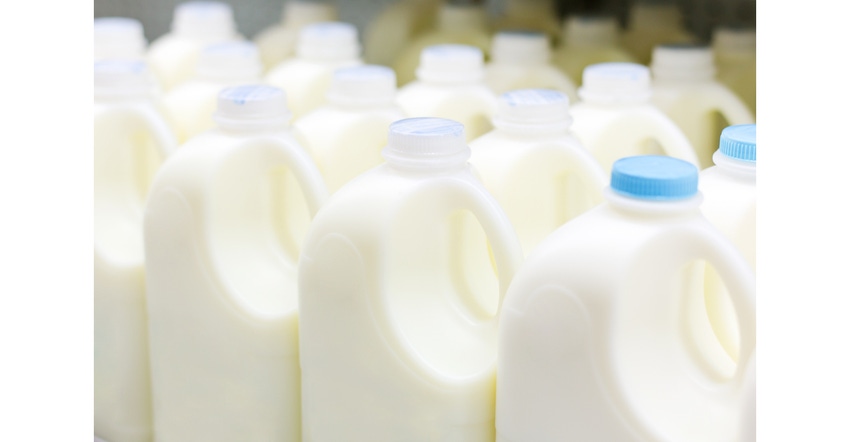Walmart to Build $350 Million Milk Processing Facility
The Arkansas-based retail company wants to expand its dairy supply control.
October 13, 2023

Walmart announced it will build a new $350 million milk processing plant in Valdosta, GA, hiring nearly 400 people.
The retailer said the plant will provide milk to more than 750 Walmart and Sam’s Club stores in Georgia and neighboring states.
Bruce Heckman, Walmart’s VP of manufacturing, said in a statement that the company wants to do more to ensure its milk supply and provide “high-quality milk for our customers that we can offer at the everyday low prices they rely on.”
Walmart has been building a series of milk processing plants nationwide over the last decade to control production of one of the most price-sensitive grocery commodities. The company previously bought milk from other dairy companies.
The Walmart dairy plant in Fort Wayne, IN is one of the largest milk processing plants in the US, according the Walmart's website.
What could this mean for independent dairy processors? Well, Georgia currently has two commercial milk processing plants in Atlanta and Lawrenceville.
However, the company said ingredients will be sourced from farmers in the vicinity for a variety of milk processing options, including skimmed and chocolate milk for more than 750 Walmart stores and its Sam’s Clubs outlets. The milk will be produced for its own Great Value brand and Sam’s Clubs Member’s Mark lines.
Walmart plans to begin operations in Valdosta in late 2025.
The retail giant also is getting into the beef business. Walmart announced an investment in June for a beef packing facility in Olathe, KS, creating 600 jobs and expected to be operational in 2025.
About the Author(s)
You May Also Like




